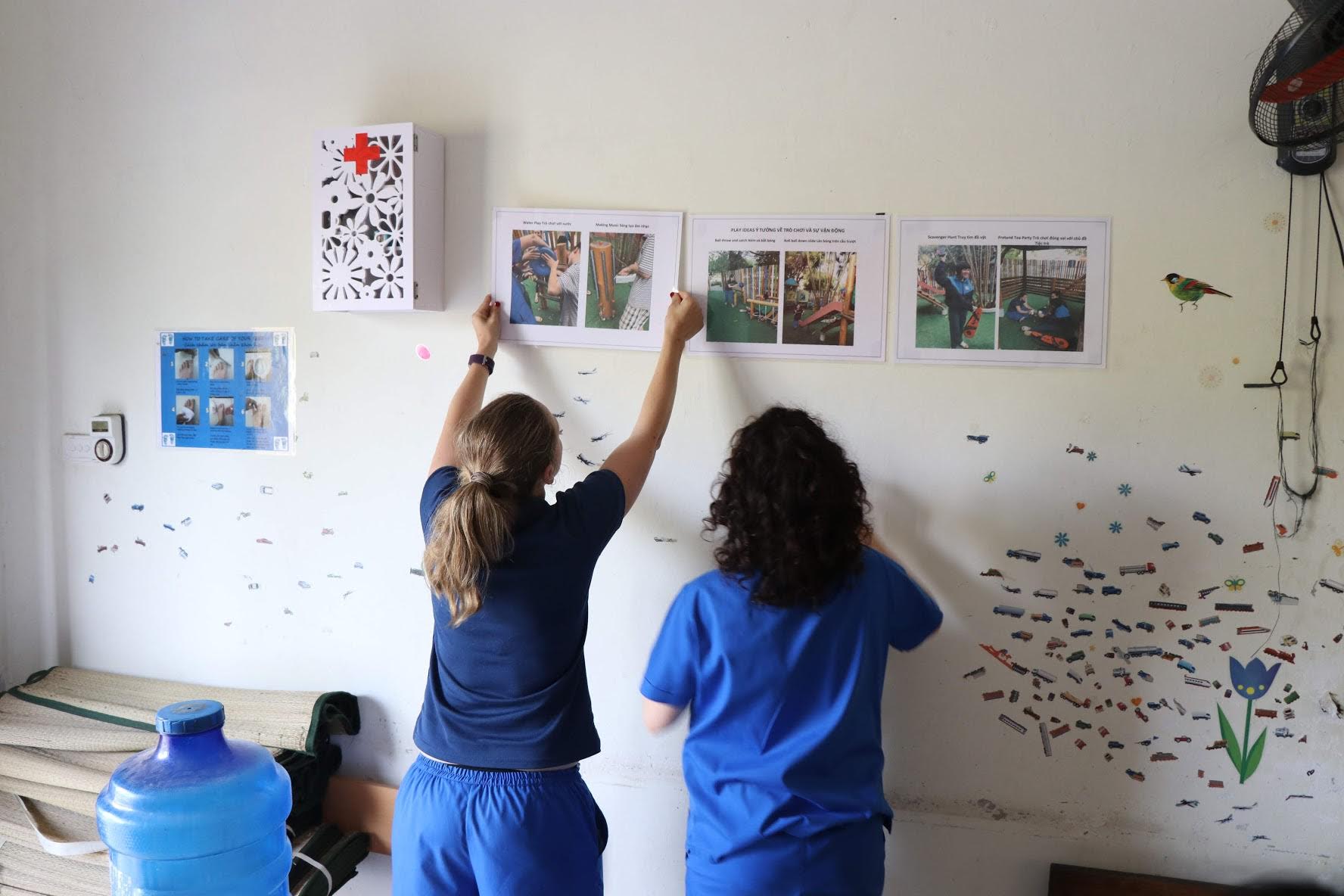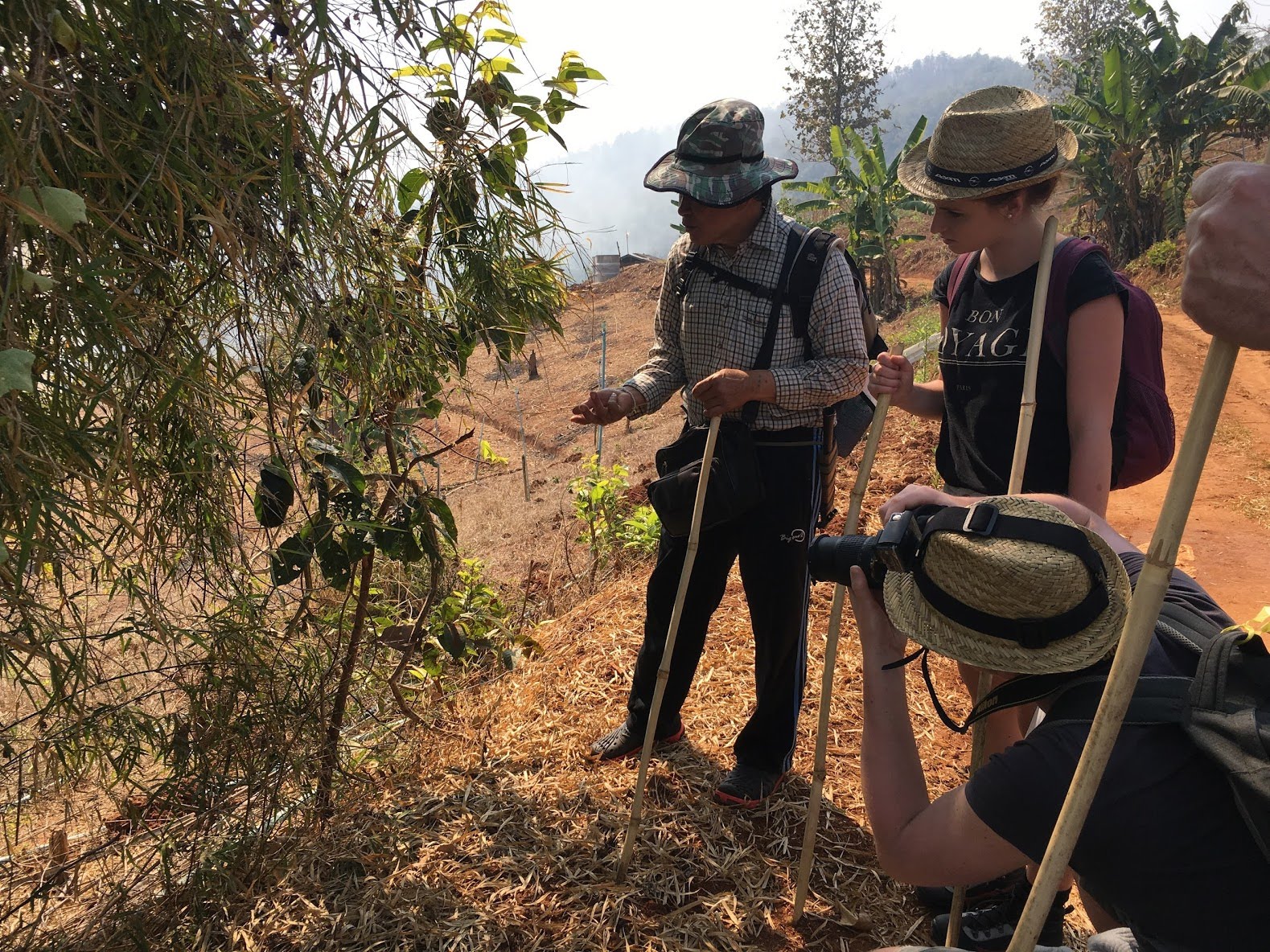
Tips for Journal Writing When Traveling Abroad
Author : Khiri Campus | Tag : Travel Tips
At Khiri Campus, we work closely with educators and students to customize meaningful community service projects. We believe keeping a journal while studying abroad benefits students as a journal is an excellent way for students to integrate their viewpoints with meaningful topics and improve their writing skills at the same time.
It’s also a particularly effective medium to refine a student’s analytical skills, leading to more mature outlook. These educational travel programs will give students the invaluable experience of setting realistic and achievable goals for themselves. Effective planning is one of the many life skills that Khiri Campus aims to expose students to.
Reading about these experiences is a worthwhile endeavor for teachers as well. By reading their insights, thoughts, and feelings, teachers can effectively further a student’s development by focusing on their strengths while also pointing out things they’ve overlooked.
Here are a few tips for journal writing that will help your students write in a well-rounded manner while traveling abroad in their community service learning project.
Don’t Wait to Arrive
Get your students to start their journals in advance. While they may not realize it at the time, they’re forming all sorts of expectations about their upcoming study abroad experience. Looking at photos and videos of the destination, students’ form ideas of what the community and the people will be like. These preconceptions should be noted and compared with their experiences on the ground after travelling with Khiri Campus.
Thinking Through Critical Issues
Your students don’t have to be accomplished writers to keep a journal. Just writing down their thoughts will compel students to process their experiences in more analytical and structured ways. The opinions your students form shape their understanding of the world: what issues are critical to them; what they value in a community. Taking part in these community service projects will hopefully create compassionate and resilient individuals.

Avoid Lists
Students should avoid describing their activities in a list or bullet-point format. Instead, encourage them to include their own opinions and setup their stories or anecdotes in a captivating fashion to bring their travels to life. Some tips to achieve this include getting your students to pick out new or interesting activities that take place each day or using dialogue to make their journals more interesting. Encourage your students to include any stories they may have overheard – for example, conversations between locals or observations made by classmates. From their own observations, get your students to document cultural differences: the ways people behave, or the different ways the locals interact. Even the smallest observations, like the way people greet each other, can be interesting.
Keep It Fresh
Finally, an important aspect of writing is getting it down on paper while it’s still fresh in your mind. Writing in the moment will capture the vibrancy of the situation. They don’t have to write a great deal, just keywords that perhaps describe the smells, tastes, sounds, or feelings they have. Later, going back to the entry, these keywords will immediately trigger emotions they felt at the time.
Writing long after the event can lead to a false memory. If students can’t remember the details clearly, they run the risk of ‘embellishing’ their experience. For this reason, we encourage your students to carry a small pocket book during their trip abroad. Make sure your students know they don’t need to write literary masterpieces. Sometimes describing random emotions can lead to the most captivating results.

For more information on Khiri Campus’s school travel programs and faculty-led study abroad trips, please get in touch with us.


